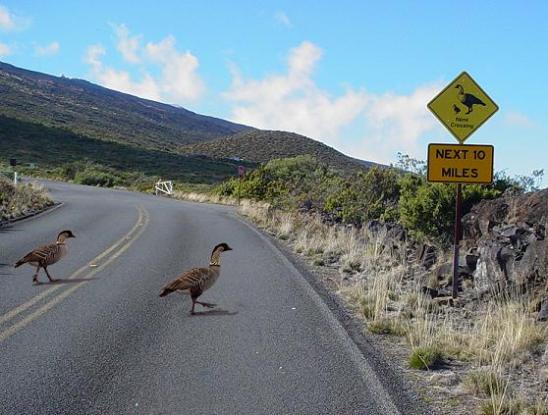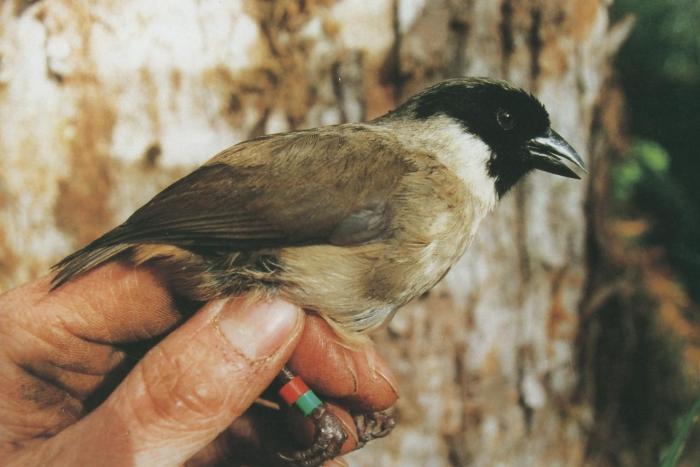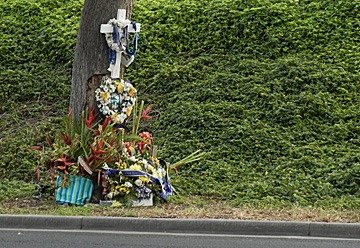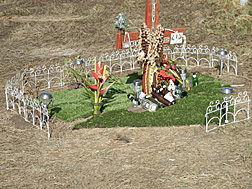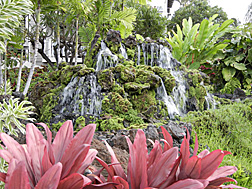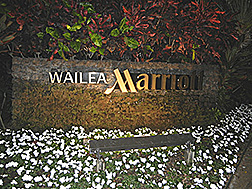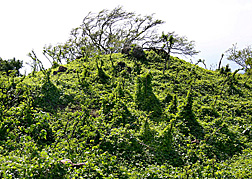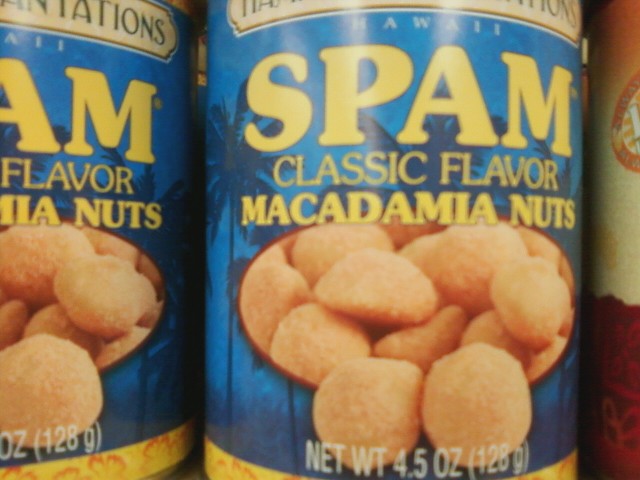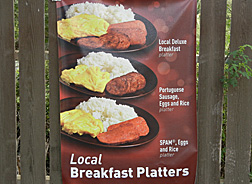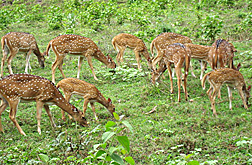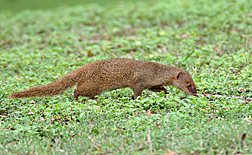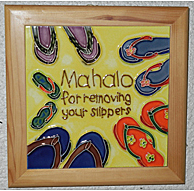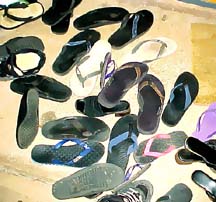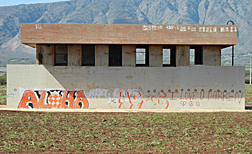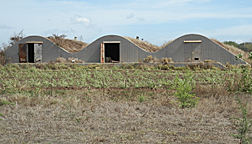HAWAIIANA 2
Here are some more things that probably qualify
as Hawaiiana.
|
|
|
|
|
|
|
Endangered Hawaiian Geese (Nene) |
Recently extinct Po’ouli |
The Hawaiian goose (nene) is still on the
endangered species list, although a captive breeding program is ongoing. They are perhaps their own worst
enemy, since they move slowly and have little respect for cars and no fear of
humans.
The po’ouli was one of the Hawaiian
honeycreepers that didn’t make it.
The last one died in 2004. Habitat
restoration was pursued, and a captive breeding program was attempted with the
last three known specimens, but both efforts failed.
I volunteered one day on the Big Island and
spent a few hours identifying and counting nene in their breeding program. Stuart (son) worked both of these
programs.
|
|
|
|
|
|
|
|
|
|
Up for a short time on Wailea
Alanui |
Behind a guard rail on
Pi’ilani Hwy. |
Family and friends often erect displays of
varying size and type to memorialize victims of traffic accidents. I’m not sure what the law is
concerning these, but some are removed very quickly and other are maintained for
many months with fresh flowers and changing artifacts.
|
|
|
|
|
|
|
Waterfall at Grand Champions Villa |
Entry to the hotel |
Pile up some lava rocks and expose them to a
regular dose of water and almost immediately you have a lush green garden. Of course a few plants in the area
enhance the rock displays.
|
|
|
|
|
|
|
|
|
|
Glycine vine |
Miconia |
Even though isolated in the middle of the
Pacific Ocean, Hawaii is not immune to invaders.
These two are believed to have been introduced on purpose.
The glycine vine was brought in for cattle feed. Although it is fine for that purpose
it quickly spills over the cattle pasture and strangles all other vegetation.
Miconia grows fast and has large green leaves
with vivid purple backs. It was
introduced into the Hana area as a landscape plant, and with the abundant
windward rainfall it thrived. It
produces enormous quantities of very tiny seeds that distribute easily and is
difficult to kill.
Efforts to control these invaders are ongoing.
|
|
|
|
|
|
|
Spam flavored macadamia nuts |
Does your McDonald’s have
Spam? |
Since WW II, Hawaii has had a love affair with
Spam – what’s not to love?
|
|
|
|
|
|
|
|
|
|
Asian (Axis) deer |
Mongoose |
Besides invasive plants, we also have invasive
animals. Here are a couple of
favorites – both were purposely introduced.
The Axis deer (an Asian species) breeds
prolifically and forages profusely.
It fills a niche that was never filled before.
It is destructive to ground nesting birds that never had an enemy before,
and is a nuisance to farms, golf courses and the like.
I’ve seen many of these deer while on golf
courses. When I had the condo on the
golf course I saw a herd of 60 or more once and smaller groups many times at
dawn and dusk. I still see the
occasional one or two on my morning walks, and hear them “bark” on the golf
course at night.
The mongoose was introduced to kill rats in the
cane fields. A slight
misunderstanding however, since rats are nocturnal and mongoose are diurnal. So mongoose have made themselves at
home and finished off many native Hawaiian species.
I’ve seen one lonely specimen around my place. I suspect he lives on young Francolin
and their eggs. Francolin (ground
nesting birds) are another introduced species.
|
|
|
|
|
|
A common sight anywhere in the islands. There are LOTS more slippahs than
feet in Hawaii!
|
|
|
|
|
|
|
|
|
|
A fort in the valley between E. & W. Maui |
Ammo dump across the highway |
Artifacts of World War II – it is easier to work
around them than to destroy them.
AFTERWORD
Did you learn anything new about Hawaii? I see all of these things regularly
so I’m not sure if they are really special or not. I hope you’ll let me know what you
think.
